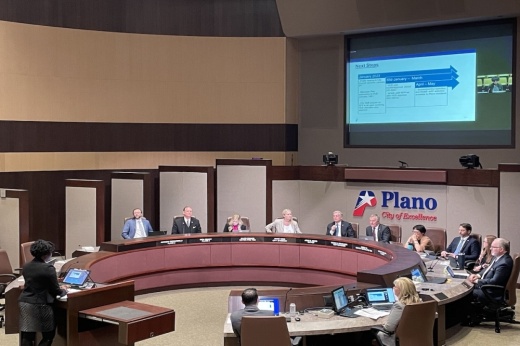According to the HOME-ARP Allocation Plan, the City of Plano received $1.9 million in HOME-ARP funds from the U.S. Department of Housing and Urban Development in 2021. The funds were given to provide housing and services for residents that are experiencing homelessness, or are at risk of homelessness.
Under this plan, Plano households with an income 50% or below the area median would qualify for funds, Plano’s Housing and Services manager Shanette Eaden said.
“The majority of the funds are going to be spent on support services,” Eaden said. “Support services [are] homelessness prevention. This program is not going to be operated by City of Plano staff. [Support service funding] is going all to a non-profit to administer this program. Knowing that it’s homelessness prevention, that means that the person already has a home. This program is to keep someone in their home. It’s to prevent someone from becoming homeless."
According to the HOME-ARP Allocation Plan, $1.4 million (73.8%) will go to support services, $310,000 (15.6%) will go to tenant based rental assistance, $110,000 (5.6%) to case management and housing navigation, $50,000 (2.52%) to City of Plano administration, and $50,000 (2.52%) to subrecipients.
The City of Plano held consultation meetings with a number of organizations to devise the plan, including Housing Forward, Hope’s Door Texas Muslim Women’s Foundation, Plano Housing Authority, Salvation Army and more.
“We’ve been working on this since September of 2021,” council member Rick Grady said. “The faster we can get this money out and into the community, the better off our community is going to be, because they haven’t stopped hurting. They are hurting more and more as inflation has been nipping away at the housing industry and as pricing [goes up].”
Following approval from City Council, HUD has 45 days to send a letter if it disapproves of the plan, Eaden said. If the organization does not send a letter, the city is free to continue with the allocation of the funds.





